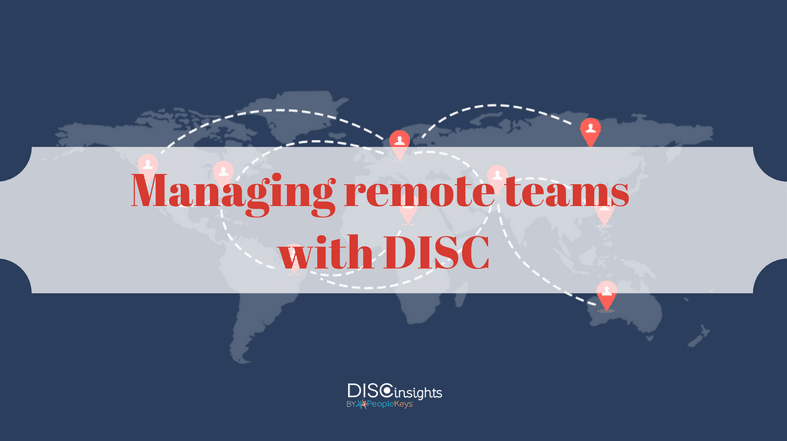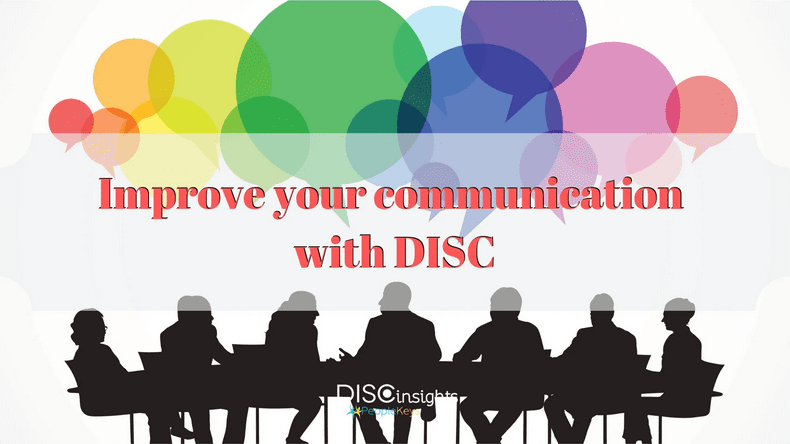
Managing remote teams with DISC
READ THE FULL ARTICLE ON DISCINSIGHTS BY PEOPLE KEYS.
We live in a versatile economy. It’s not unusual for companies to hire on a project-by-project basis or let their employees work remotely. Thus, they are minimizing overtime pay and overhead, and in some cases eliminating costs associated with office space or tax laws. In return, their employees are enjoying a little flexibility, taking on more than one project at once, and often earning more than they would as a full-time employee with the company. Remote or temp employees and project-based managers are in more demand than ever. While many companies actually have a full-time project management office staffed with in-house professionals, it’s becoming the norm to hire project managers that may not ever reach a physical office or those who control remote teams, globally dispersed around the world.
Remote employees may never meet their fellow team members.
Given the nature of the current gig economy and project-based hiring methods, many remote employees will never actually meet their fellow team members face-to-face. While some take on existing teams, internal to the organization, there are a number of hiring pools and sites allowing project managers to secure talents based on need, availability, budget and area of specialization.
Whether taking on an existing team, hiring contractors through bidding sites or hiring offshore teams for special project or assignments, managers are facing the challenge of getting to know new people on a regular basis, learning their habits, and becoming a motivator to the final outcome of success. Communication is key, but how will one communicate with a team they don’t even know? How will they appeal to the individual needs of their teammates in making sure each job gets done on-time, on-task, and on-budget? For the proactive manager, DISC and a 4D Report covering personality style, thinking style, values and behavioral attitudes may be a game-changing tool in cultivating effective collaboration, productivity, and performance throughout the project lifecycle.
SO, HOW CAN YOU BETTER MANAGE THE REMOTE WORKFORCE? READ THE FULL ARTICLE ON DISCINSIGHTS BY PEOPLE KEYS.



